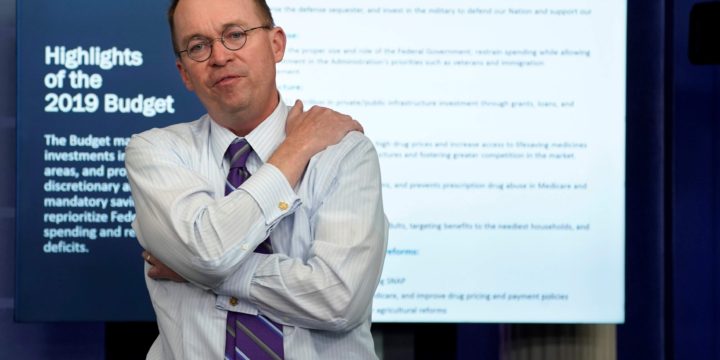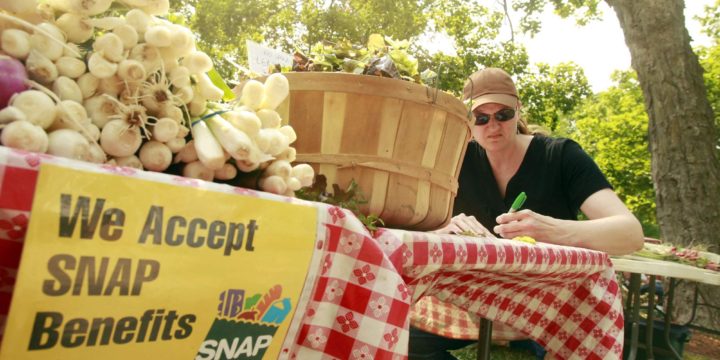
Why state leaders needed to step back from work requirements
State work requirements for Medicaid recipients appear to be scuttled, at least for this year. That’s a good thing because research and experience show the numbers don’t add up for participants or for taxpayers. The bill passed by the Iowa Senate, Senate File 538, required the Department of Human Services to petition the federal government for permission to implement Medicaid requirements beyond those already in place at the federal level. Those new stipulations centered on work requirements. Specifically, “able-bodied” recipients would need to work or volunteer a minimum of 20 hours each week, and government officials would need to make larger investments in software and staffing in order to track the changes with the increased veracity required by the bill. Sticks of chalk sit around a partially completed drawing of the…






